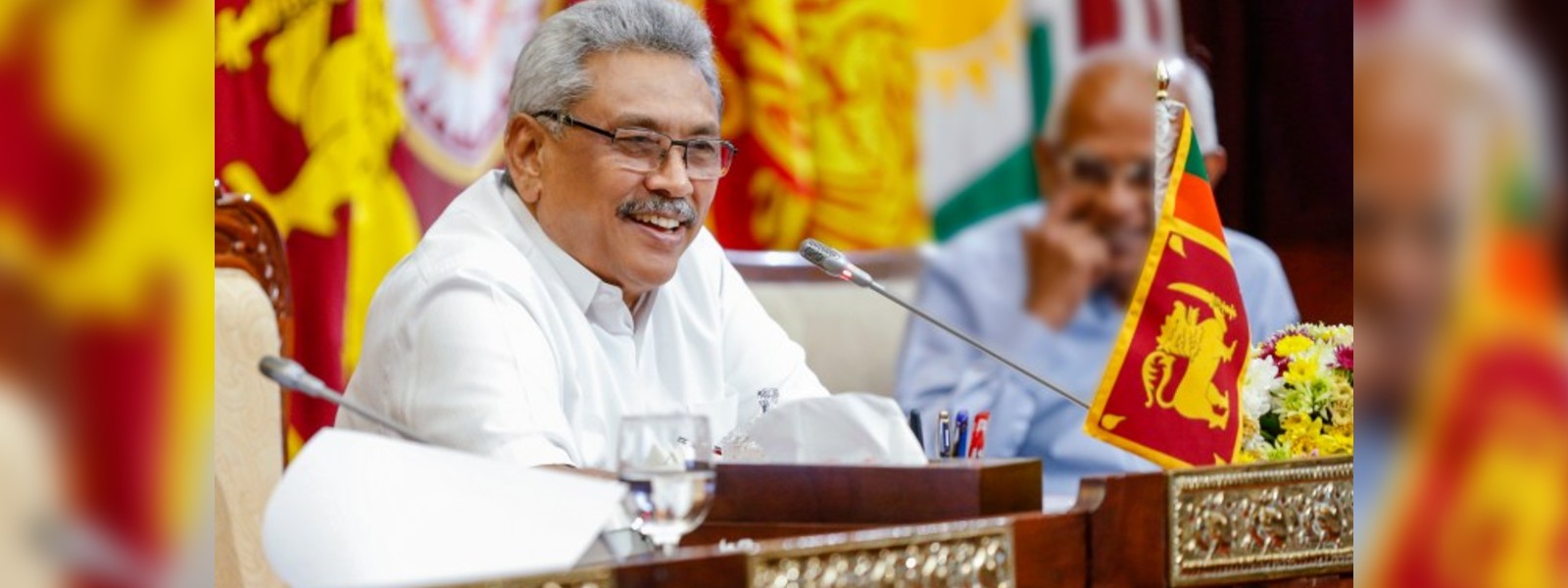.webp)

President says he can handle expenses after the new Parliament is convened
COLOMBO (News1st): President Gotabaya Rajapaksa has rejected calls to reconvene Parliament to pass additional funds for public expenses, stating that he can handle expenditure when the new Parliament is convened after a poll.
The vote-on-account for the first quarter of 2020 will expire on Thursday, former finance minister Mangala Samaraweera had written to President Gotabaya Rajapaksa this week, saying that the government will lose legal authority on spendings.
"If an appropriation bill is not passed at the time of dissolving Parliament, the President, under section 150 (3), can handle expenses for three months through a vote-on-account after convening the new Parliament," President's Secretary P.B Jayasundara said in a response letter.
Samaraweera had pointed out that the President can spend money from the Consolidated Fund of the treasury only until the expiry of three months from the date on which the new Parliament is summoned to meet.
He observed that the President is yet to declare the new date of convening the new Parliament after the election.
Sri Lanka's parliamentary election has been scheduled for June 20, but the election body has indicated that it could be delayed if the COVID-19 virus is not contained in the country.
The Parliament which was dissolved on March 2 should be convened on June 2 as required by the law - a situation that is likely to head into a constitutional crisis as the election has been fixed beyond this date.
The President's Secretary criticized the opposition for objecting towards the government's Rs 130 million worth supplementary bill which had been withdrawn subsequently.
"This is contrary to how the opposition had supported the minority government in 2015," he said.
Jayasundara, defending the government's stance to conduct the election, also queried as to why the former minister does not want to hold the election and safeguard the democratic rights of the people.
Other Articles
Featured News





.png )

-796646_550x300.jpg)
-796634_550x300.jpg)
-796628_550x300.jpg)







-794314_550x300.jpg)
















.gif)